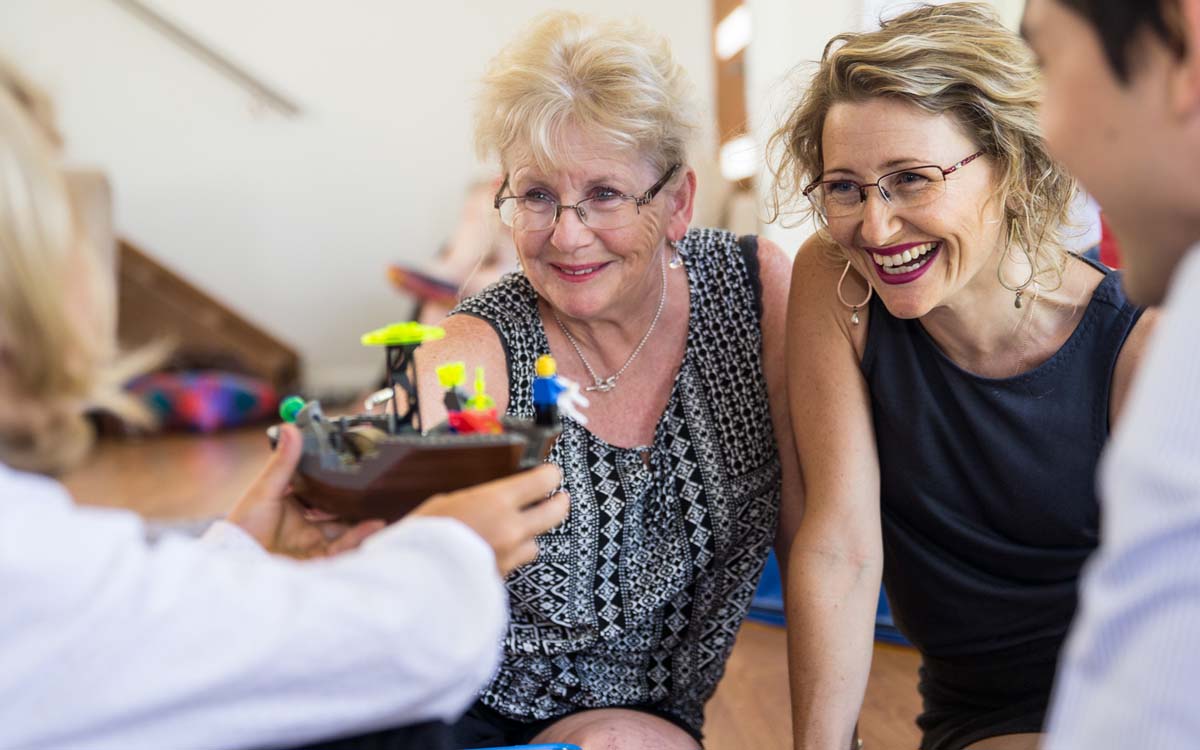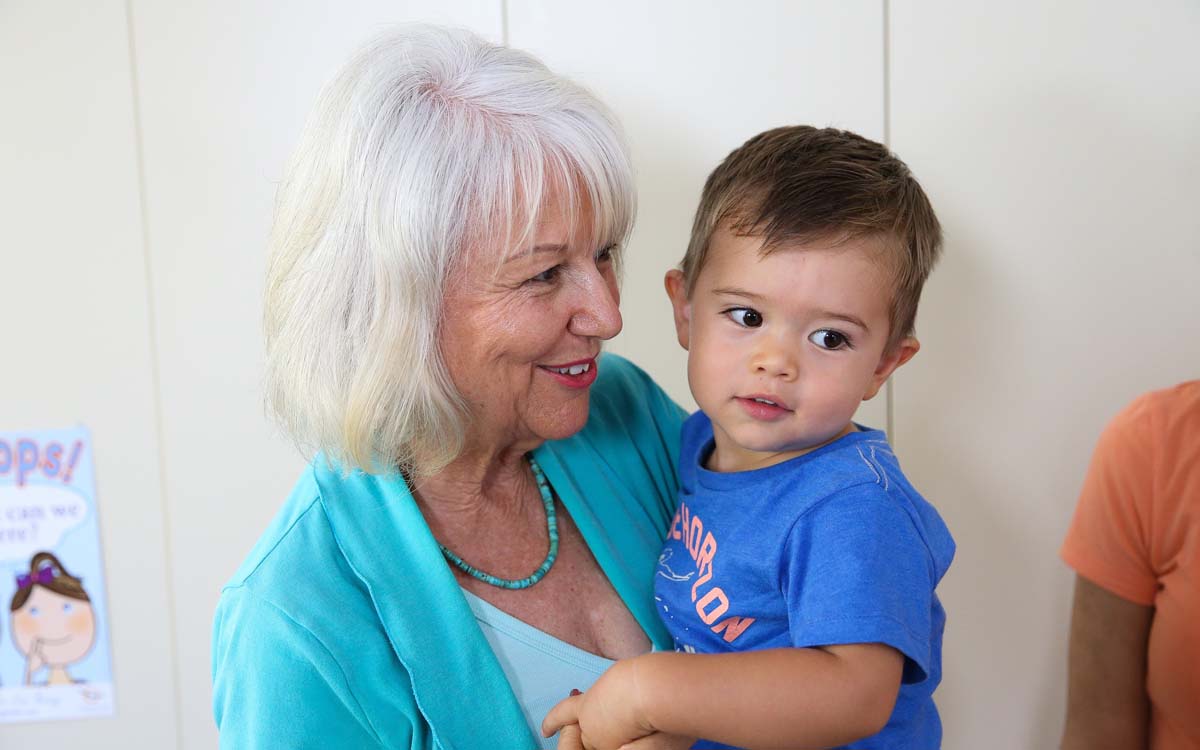Fabic’s occupational therapist Annie sheds some light on the role of school-based occupational therapy.
Is your child struggling with their participation at school? You may have had a teacher, a doctor or a friend suggest that your child receives occupational therapy.
Firstly, what is occupational therapy?
Occupational therapy is a health profession that supports people to maximise their engagement in ‘occupations’, that is, the activities we do on a day-to-day basis. This means teaching people skills that support independence and quality in everyday living in their home, community, workplace or school. It can also be about modifying the task, activity or the environment to get the best fit for the individual.
What is the role of Occupational Therapy in schools?
The role of an occupational therapist (OT) in school is to support a child to participate in all aspects of school life. This may include providing help with:
- attention and concentration levels
- being able to sit ‘still’
- handwriting
- social and play skills
- classroom behaviour and confidence
- engaging in movement and physical activities
- inclusion in the school curriculum
- personal care
- daily routines
My child can’t focus in class!
For some children the seemingly simple act of paying attention and focusing in class is very challenging. This can be due to the way a child processes sounds or sights, their level of anxiety or their ability to process information.
An OT may work with the teacher or learning support officers to look at teaching strategies that best suit a child’s learning style and address the barriers to poor attention and concentration.
My child can’t sit still!
Being able to ‘sit still’ can be a challenge for some children.
This may have to do with attention and concentration, a child’s postural ability, body awareness, how they respond to the sights and sounds in the classroom, or a heightened need for movement or touch.
Occupational therapy can support by providing guidance with seating, teaching styles and strategies, classroom routines etc.
My child needs help with handwriting
A very common reason for referral to an occupational therapist is to get help with handwriting.
It is a common misunderstanding that the skills involved in handwriting are based purely on the intrinsic muscles of the hand. There are many other skills that come into play, such as your child’s ability to:
- Copy from the board
- Follow verbal or written instructions
- Be aware of their body
- Remember visual formation of letters/words/numbers
- Write using correct size and spacing
- Sustain a sitting position and posture for a required period of time
- Concentrate for a required period of time
- Hold and control a pencil
- Apply correct pressure on paper
- Discriminate between letters e.g. b and d, p and q
An occupational therapist will assess not just the child’s motor skills, but assesses other domains such as sensory, visual and cognitive ability, and assess the classroom (and home) environment to find ways to improve the handwriting through play, writing aids and equipment and physical exercises.
My child is misbehaving in class
An occupational therapist seeks to understand the triggers underlying a child’s unwanted behaviour which could be related to areas such as sensory processing, anxiety levels, physical or learning abilities, and can explore strategies to support the use of wanted behaviours in the classroom.
My child is does not know how to socialise with his/her peers
An occupational therapist can support your child to socialise with their peers by teaching a child to understand facial expression and body language, social cues, and how to engage in conversation and maintain healthy relationships.My child is clumsy and tries to avoid HPE class!
Occupational therapy can support a child’s confidence and development in motor skills such as walking, running, jumping, ball skills, balance and coordination. An OT can provide advice on specific programs to accommodate a child’s abilities.Annie offers occupational therapy services at Fabic.
Please contact Fabic for more information or to make an appointment







